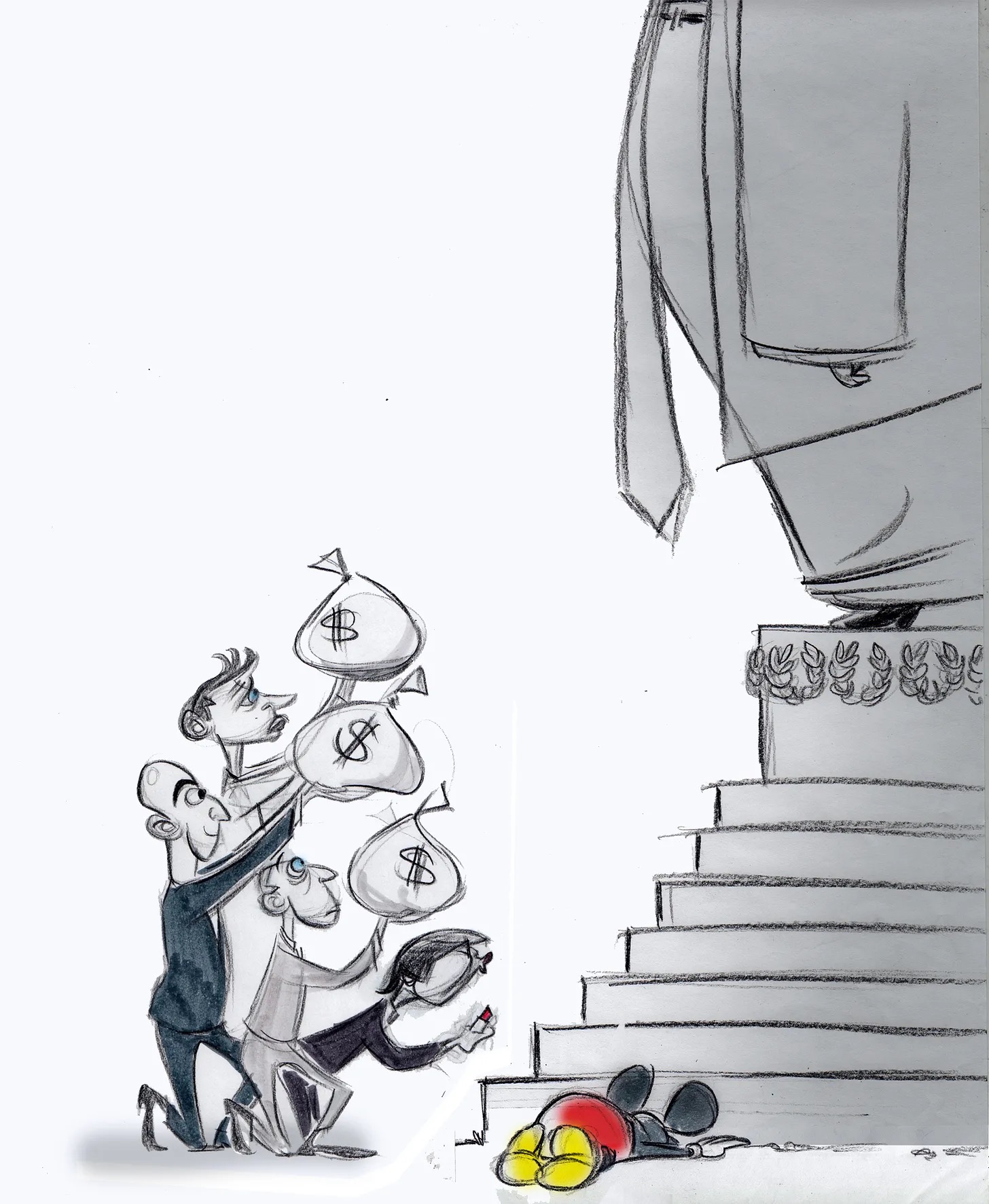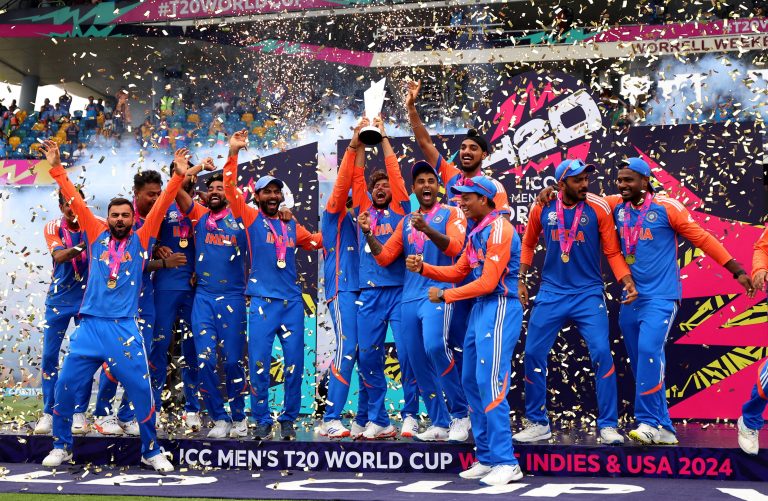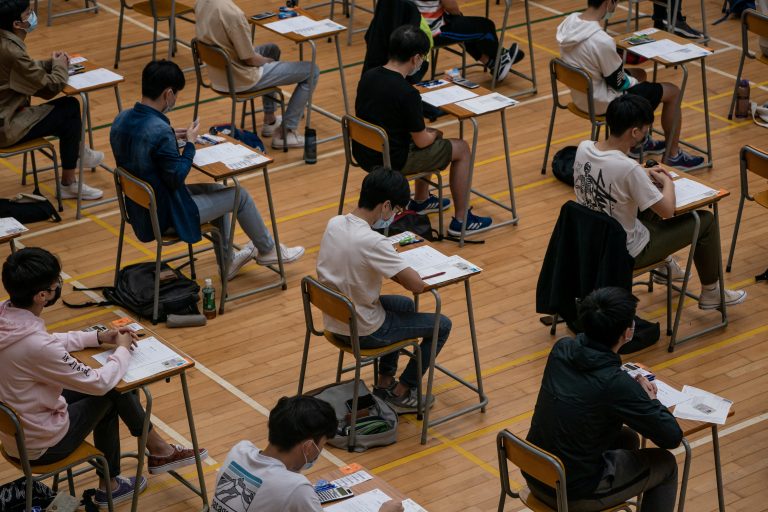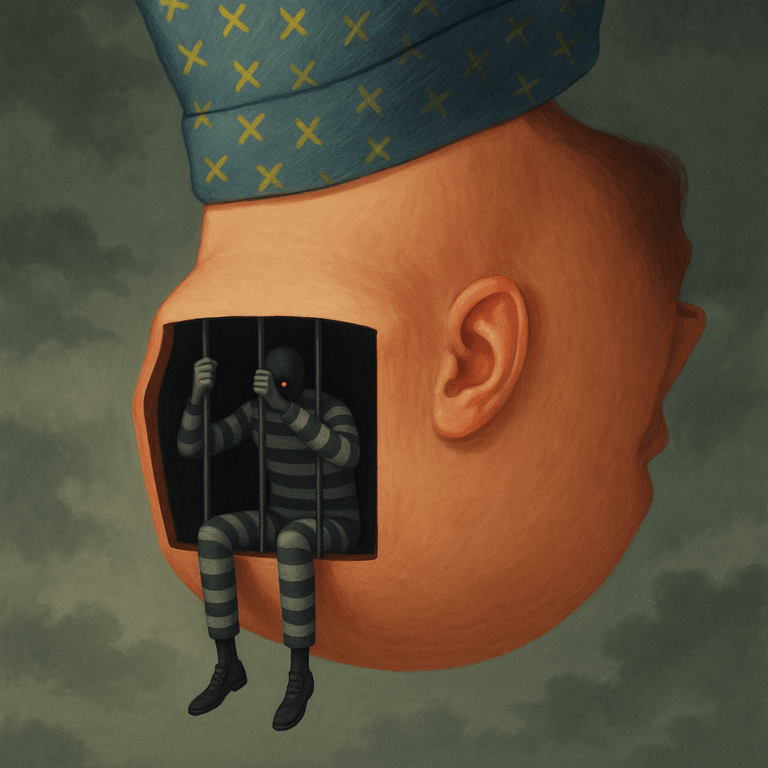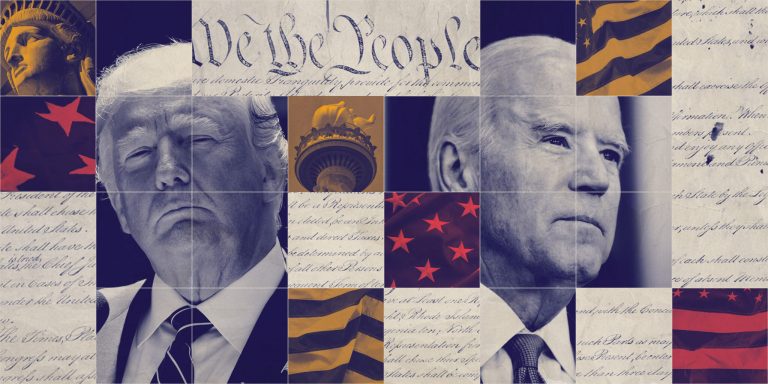Who epitomizes a poor man’s idea of a rich guy? Is it Elon Musk or Bill Gates? Painstakingly, the answer is quite evidentiary—the euphoria around the former is gargantuan, especially amongst…EVERYONE.
The popularity of Mr. Musk and alike (Zuckerberg, Jensen, Rogan, Peterson, and Tate) denotes a vital juncture, a shifting cultural epoch; to further add upon, the very basic structure of the modus operandi of a “government” has transmogrified to a private enterprise of certain interest groups and, in particular, individuals, and inextricably individuals with peculiar ideals.
To begin with, the previous year, 2024, is widely deemed as the “super year for elections,” numerically speaking: half of the world’s population were eligible to vote—3.7 billion—and an election in some shape or form, be it legislative or executive, took place in 72 countries. To recall, the verdict in some major countries was as follows: First and foremost, the most watched election was the American presidential race—in which Mr. Trump inscribed the most momentous political comeback story in US politics; second, in the most populous nation, Mr. Modi secured a resounding third term, a first since Mr. Nehru (the first Prime Minister); thereafter, a surprise snap election called by Mr. Macron, as predicted, ensued in political instability—due to the lack of consensus between the left, center, and right-wing coalitions on government formation; last of many, the British Parliamentary election, which resulted in the rout of the Tory party, as a result, an astronomical majority of the Labour party—which was and is led by Sir Keir Starmer.
From the many elections held in the previous year, a potent trend is exemplified; on the one hand, it was the year of the contrarians, or colloquially, anti-incumbency pervaded in many of the body politic—from the defeat of the Democrats, losing power of the trifecta to the GOP, hence, sent into the abyss for soul searching; to the downsizing of the grip Mr. Modi had with a huge parliamentary majority, and ultimately the dismal electoral performance of the Tories, after a decade-long grasp of the power corridors of Whitehall. As mentioned in the Financial Times, every incumbent in a developed country last year has lost vote share—a first since records of such ever began.
Consequently, on the other hand, as reverberated by me in previous treatises, there are mainly three backlashes around the world: economic, technological, and cultural. Furthermore, the pendulum of political zeitgeist has evolved such that the formulae of the Left-Right-Center spectrum are of the yesteryear. To substantiate, the contemporary political dictum should be represented, as Fareed Zakaria has echoed, a schism between the ones who support an “open” or “closed” philosophy towards economics, technology, and culture; or, in other words, free-market or autarky; censorship in technological products or free flow of information; migration is for the betterment, or, on the contrary, that its very existence, as a political operator who prescribes the latter philosophy (“closed”), would propagate that “the Blacks are killing our kids, the Chinese are taking our factories, and the Indians are taking our jobs.”
The polity has succumbed itself to a new way of politicking—kleptocratic, anti-institutionalist, and mystic (apprehensive towards the “experts,” may they be academics, scientists, or analysts; a shift in trust from institutions to individuals), to note an extent of nihilism, the very existence of us inherent in neither meaning nor value.
To clarify, what is kleptocratic, or kleptocracy? In essence, the levers of government are used to amass resources for oneself, be it government regulation, an explicit transfer of projects, or even subsidies to distinct industrialists or persons of interest. Such a transgression is transpiring explicitly; long gone are the days of backdoor lobbying by groups masquerading for billionaires and corporates. At this cusp of time, the so-called entrepreneurs are securing positions in government as a token for the capital expenditure on the endeavor of politicians. Albeit, the plebiscite is fond of the cajoling amongst politicians and the ultra-wealthy donor class, as per recent trends affirming the relationship with giving victory to these respective individuals in terms of a constitutional position—president, prime minister, or member of the legislature.
These events serve as the amalgamation of the brewing of the new status quo. The recent verdicts in no sense whatsoever are an aberration—the disenchanted electorate espouses chaos. Quid pro quo? Greater poverty? Continuance of the brain rot? Chauvinism? Religious dogmatism? Tribalism? Where has the notion of thou shalt love thy neighbor as thyself withered to? In a SpaceX rocket to Mars?
To put forth the above-mentioned query once more: Who epitomizes a poor man’s idea of a rich guy? Is it Elon Musk or Bill Gates—this metaphor in a multifaceted manner professes the modern-day status quo; whilst juxtaposing the two, one is kowtowing and meddling in an election to make his favored candidate the leader of the free world, and the other endeavors to create a world free of malnourished kids, families without homes, and a world as we know fading to the past due to the exacerbation of CO2 levels.
Oh right, the former is also interfering with the sovereignty of other nation-states by using a social network to amplify malignantly morphed lies, to entrench malice, angst, and animosity, to denigrate and sow disgust towards targeted demographic groups—in all likelihood the vulnerable—their voices can never be heard, in a situation where they cannot even fathom the fact that if they would see the light of another day, for example, a babushka facing Russian missiles in Ukraine—does the former carry the prerogative to decide the very precipice of her existence?
The electorate has cemented its discontent with the meritorious, technocratic, data-driven status quo—the so-called “neoliberals.”. However, does the alternative have to be so downright dismal? Where has the morality of mankind gone? I believe the elections of today serve as a potent moment to dial down on the trivial arguments, whereas the fulcrum of the fundamental ideals should be deliberated upon. If such does not transpire, the society may relegate into anarchy; it is not a hyperbole—if you are the fringe who does gauge upon the constantly, berated, belittled, and vilified mainstream news, you understand what I imply.
